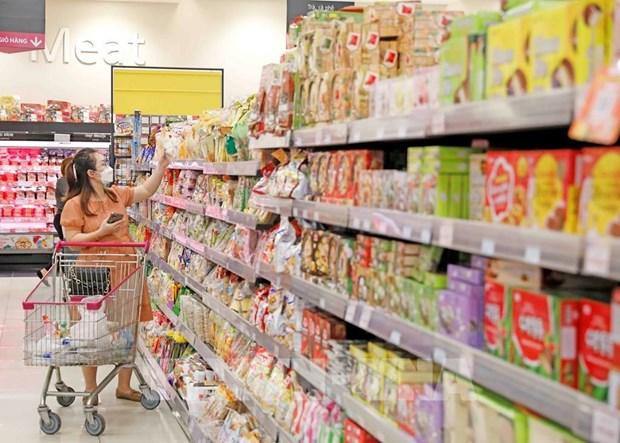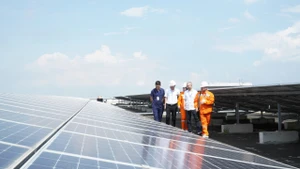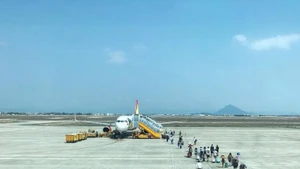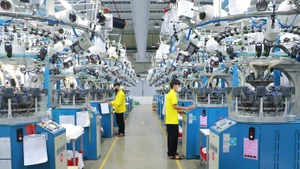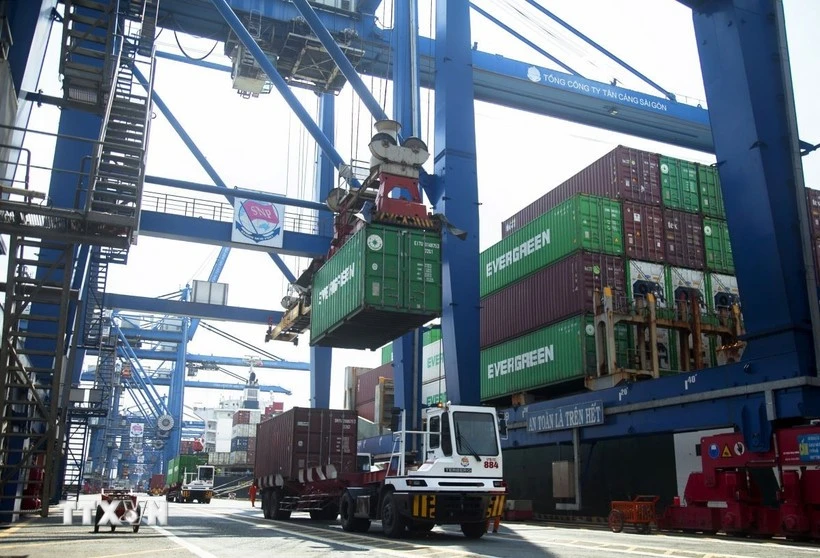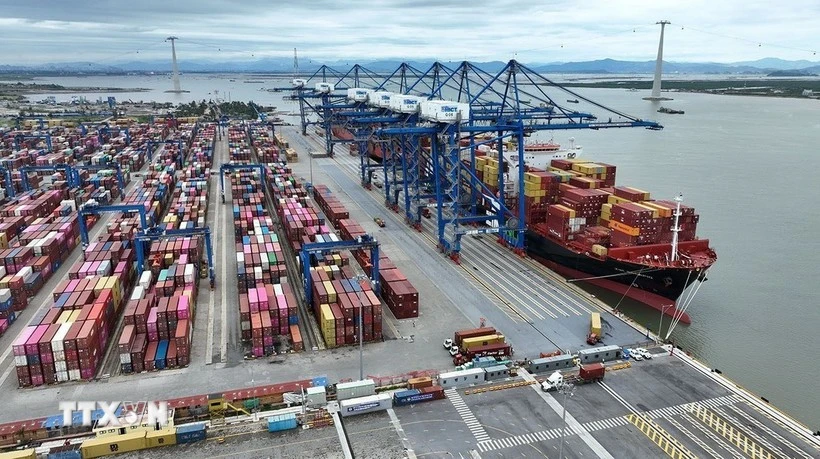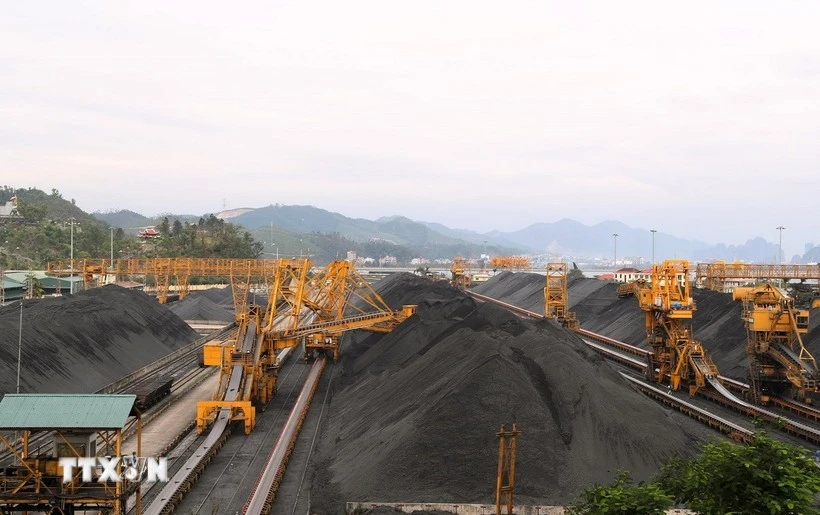A contributor to the CPI hike was higher petrol prices, which went up 36.01% during the period, while gas prices fluctuated in line with changes in the global markets, up 15.35% from a year earlier.
As the COVID-19 pandemic was brought under control, demand for restaurant services has bounced back, leading to a 4.6% rise in eating-out prices in the 10 months. Prices of housing and construction materials also became more expensive, up 2.44% year on year.
While domestic rice prices increased in line with export prices, up 1.16%, foodstuff prices also grew slightly, by 0.95% from the same period last year.
In contrast, prices of educational services fell 0.61% during the January - October period since some localities reduced or exempted school fees for the 2021 - 2022 academic year in response to the COVID-19 pandemic’s impacts. Postal and telecommunications services witnessed a year-on-year decline of 0.4% in prices.
The 10-month core inflation went up 2.14% from a year earlier, lower than the CPI growth (2.89%), showing that changes in consumer prices were mainly driven by fluctuations in food, foodstuff, and petrol prices, the GSO noted.
In October alone, the CPI inched up 0.15% from the previous month partly due to rebounding house rental and school fee hikes in some localities. It rose 4.16% from December 2021 and 4.3% from the same period last year.
The October core inflation increased 0.45% from last month and 4.47% from the same period last year, statistics showed.
